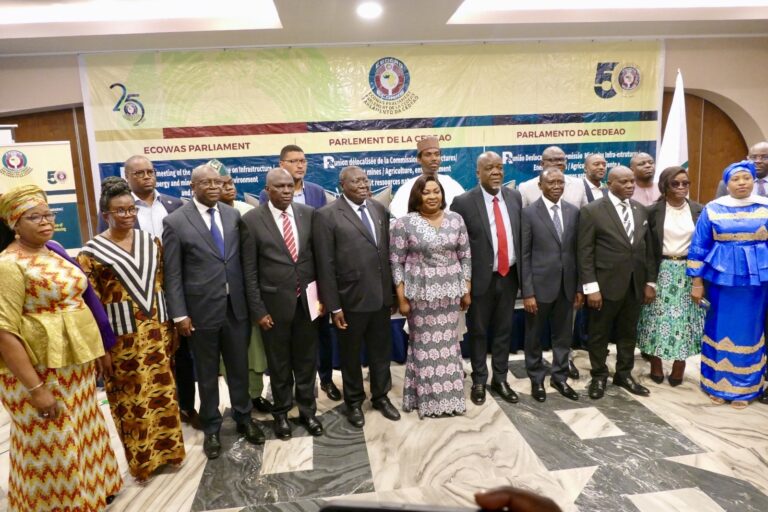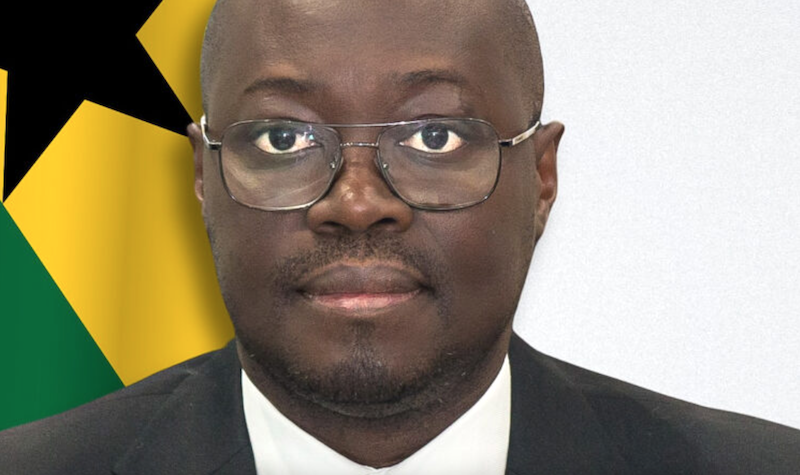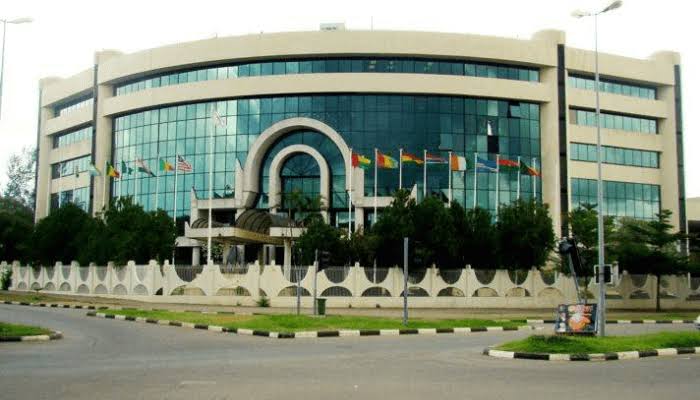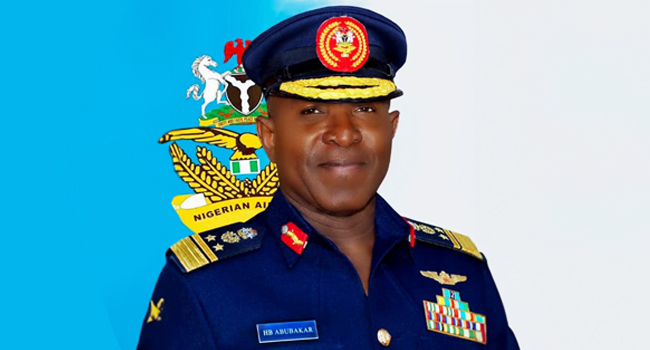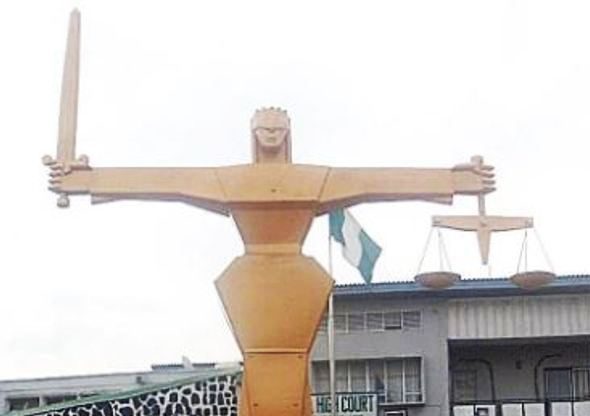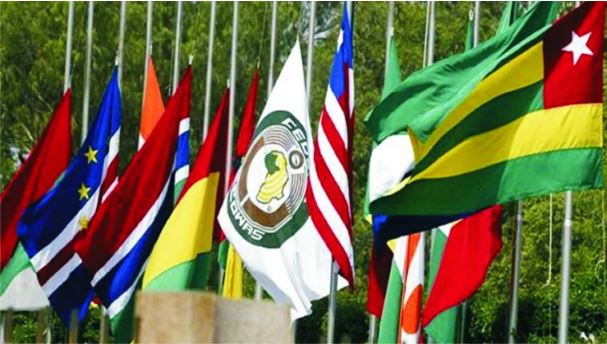Speaker of the ECOWAS Parliament, Mémounatou Ibrahima and other stakeholders have decried the high fares of traveling by air within West Africa, saying such was inimical to subregional economic growth.
They made this known at the opening session of a Delocalised Meeting of ECOWAS Parliament’s Joint Committee on Infrastructure, Energy and Mines, Agriculture, Environment, and Natural Resources, on Tuesday in Lomé.
The News Agency of Nigeria (NAN) reports that the event has as its theme: “Air Transport as a Means of Integration for West African Peoples: A Strategy for Reducing Airline Ticket Costs.”
It was held to enable stakeholders and experts to brainstorm on the development and chat the way forward.
The speaker noted that there would not be free movement of people within West Africa without effective and affordable transportation, and air transport was a vital tool for regional economic development and integration.
According to her, the prohibitive airfares are obstacles to the successful implementation of the ECOWAS Free Movement Protocols to achieve its ECOWAS of the People vision.
“The theme that brings us together today, ‘Air Transport as a Means of Integration for West African Peoples: A Strategy for Reducing Airline Ticket Costs,’ is of paramount importance to our community.
“It reflects a major issue facing our citizens: the prohibitive costs of air travel between our countries, which hinder the free movement of people and compromise our ambitions for regional integration.
“Therefore, there is no need to emphasise the importance of air transport in a country’s economy, especially within a sub-regional community.
“Indeed, air transport is an essential lever for economic development and sub-regional integration,” she said.
The speaker further said that air transport promoted trade, stimulated tourism, strengthened cultural and social ties, and contributed to the growth of member states’ economies.
She attributed the soaring air fares to multiple taxes and charges imposed across airports in the region.
“For my part, several factors may contribute to the high cost of airfares in our region.
“The airports contribute financially to state budgets in several ways, including landing fees, air ticket taxes, security taxes, non-aviation taxes, and revenues from commercial activities at the airport.
“However, it is clear that all these fees make air ticket costs prohibitive within the ECOWAS region, thus hampering a major driver of development, which is tourism.
“Others are national airlines operating in isolation rather than in synergy; lack of modern infrastructure adapted to the needs of air transport; and weak implementation of agreements liberalising African airspace, notably the Yamoussoukro Declaration,” Ibrahima said.
She warned that the ECOWAS Vision 2050 would remain elusive without an efficient and affordable air transport system.
“If we are to achieve the objectives of the third pillar of ECOWAS Vision 2050, ‘Economic Integration and Interconnectivity,’ it is up to us, as representatives of the peoples of ECOWAS, to explore viable and sustainable solutions.
“In view of our responsibility in the community’s decision-making process, our role is crucial in the realisation of these reforms.
“I am convinced that the discussions that will take place during this meeting, to which we have invited African air transport experts and leaders, will be fruitful and will lead to concrete proposals to address this major challenge,” she added.
The parliamentarian urged her colleagues to develop strong recommendations that would guide member states and relevant institutions in establishing a policy framework for more accessible regional air transport.
In his remarks, ECOWAS Commissioner for Infrastructure, Energy and Digitalisation, Sédiko Douka, said that air transport fares within the West African subregion was the highest globally.
He said the Authority of ECOWAS Heads of State and Government was concerned about the situation and had mandated the commission to coordinate and harmonise member states’ air transport policies, programmes, and projects.
“The task now lies in working towards the implementation of these community texts by ECOWAS member states, whose effective implementation start date has been set for January 1, 2026 – a 15-month period to allow them to prepare, particularly from a budgetary perspective.
“The subregion is counting on you the members of parliament to implement the community texts that the states themselves initiated and participated in the development, review, and adoption process,” Douka said.
Vice President of the Togolese National Assembly, Dzereke Yao, said West Africa’s air transport challenge must be urgently addressed to foster stronger economic and human connections among ECOWAS citizens.
He said prohibitive airfares were undermining the region’s integration aspirations, adding that the outcome of the five-day meeting should go beyond discussions.
“This paradoxical situation merits our attention because our community boasts considerable potential, whether in population size, economic growth, or youthful dynamism.
“I, therefore, hope that it will lead to solid, pragmatic, and ambitious recommendations because a competitive and open airspace would benefit all citizens in the region,” he added.

